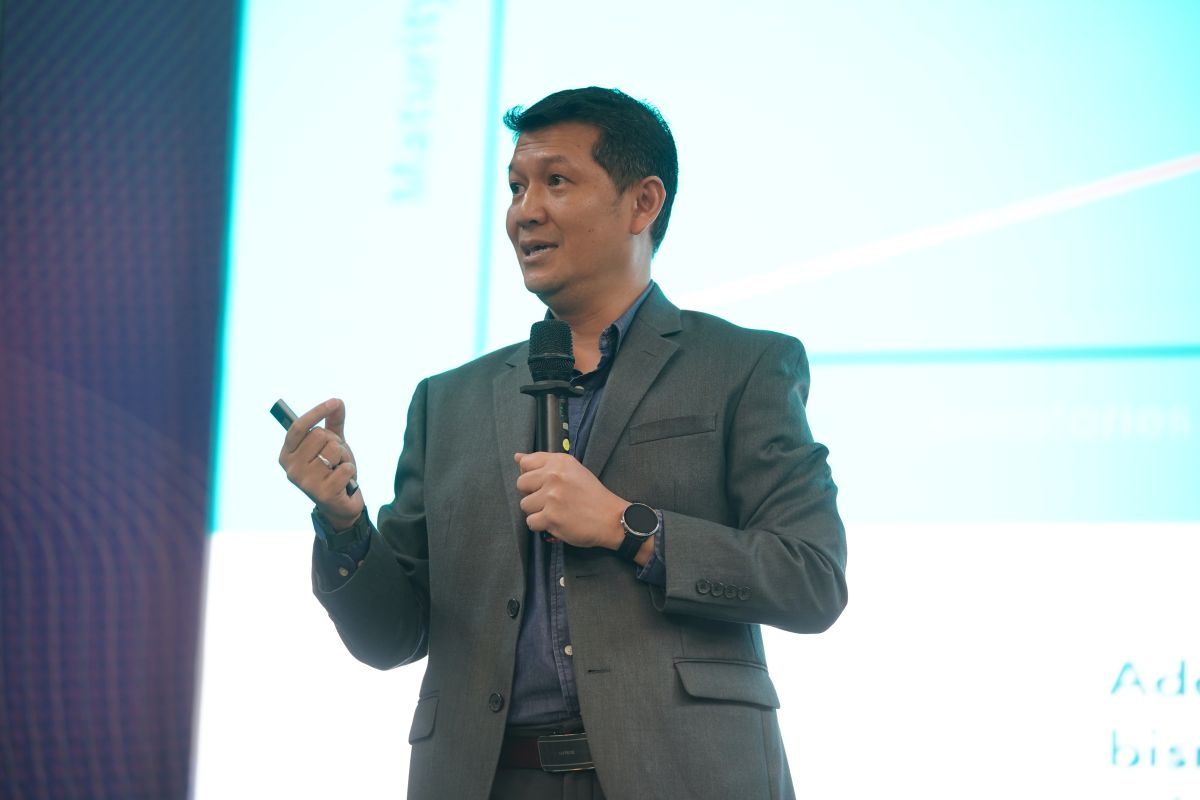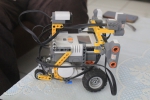Smart City's Artificial Intelligence Application: When is Smart City Really Smart?
By Adi Permana
Editor Adi Permana

BANDUNG, itb.ac.id,- The Artificial Intelligence Center of ITB and the Business Competitiveness Knowledge Center of SBM ITB held the Smart City Webinar Series in Indonesia on Thursday, 14 May 2020 through a virtual meeting apps.. Windy Gambetta MBA., lecturer at the ITB School of Electrical and Information Technology, discusses the application of Artificial Intelligence (AI) technology for smart cities, in particular smart city discourse, to be applied in Indonesia.
*source: freepik.com
As explained by Windy, Chairman of the Indonesian Work Competence Standardization Development Team (bahasa: Standardisasi Kompetensi Kerja Nasional Indonesia) in the division of Artificial Intelligence / Data Science and Software Development, Smart City is an area that manages various resources effectively and efficiently to address various challenges through innovative, integrated and sustainable solutions. Smart City also has a role to play in providing infrastructure and services to improve the quality of life of its citizens.
Windy explained that there are three prerequisites for the development of smart cities and frameworks that are used to transform a city or region into a smart city, namely enabler (nature as resources, ecosystems and life), driver (structures, infrastructure and superstructures) and mediator (culture, interaction and innovation). The role of AI in these pillars is to support smart city infrastructure as a technology.
"Examples of applications include smart governance in the form of e-gov systems , smart branding for marketing information systems, smart economy for e-commerce systems, smart living for transport (scheduling) systems, smart societies for learning and security related systems, and smart environment as a waste management support system.
Windy explained, however, that AI also has the impact of risks, such as security of privacy and polarization of users, because they are only presented with what they want on a continuous basis. Windy therefore advised that everything has risks should be learned, so that we can use the potential resources and understand the negative effects.
"As a knife that has a variety of types and uses, also has risks that will have an impact on its users, such as injuries. So with technology that also has its own uses and risks, it is up to us as humans to use them properly," he concluded.
Reporter: Grace Natasya Cristhiadi
Translator: Muhammad Akbar Selamat



.jpg)

.jpg)

